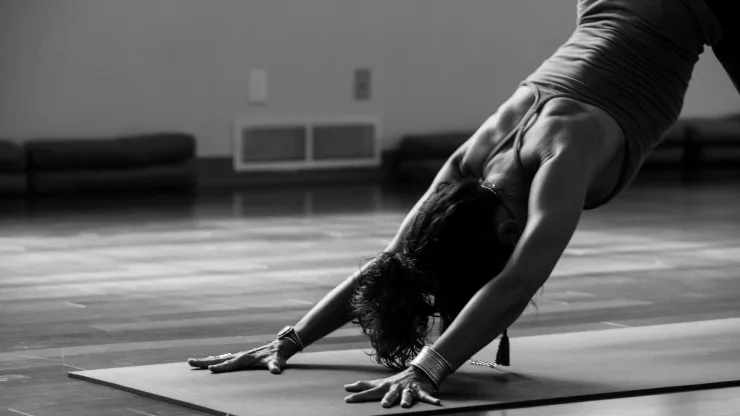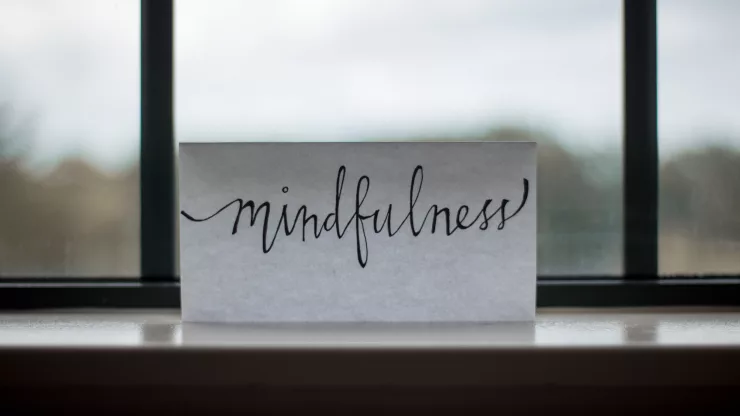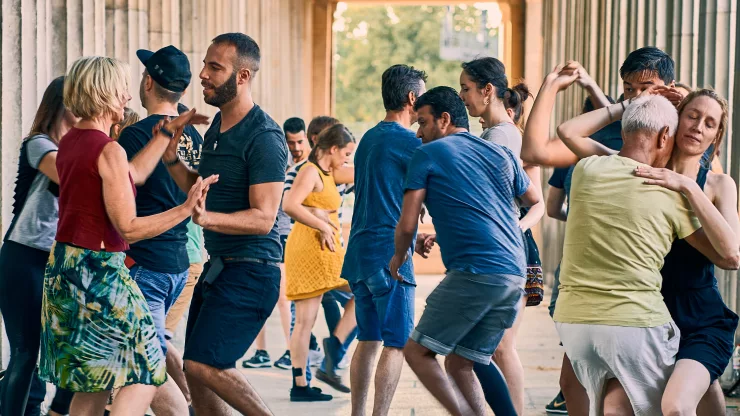Mindfulness-Based Stress Reduction (MBSR) for Enhanced Happiness and Well-being
In today’s fast-paced world, stress has become an inevitable part of our lives. It can lead to a range of physical and mental health problems, affecting our overall well-being and happiness.
Mindfulness-Based Stress Reduction (MBSR) is a proven technique that can help individuals reduce stress, enhance happiness, and improve overall well-being.
Developed by Dr.
Jon Kabat-Zinn in 1979, MBSR is a secular program that combines mindfulness meditation, yoga, and body awareness to help individuals manage stress and promote well-being.
Jump to Section
The Science Behind MBSR
MBSR has been extensively researched and has shown remarkable results in reducing stress and enhancing well-being. Studies have shown that practicing MBSR can lead to changes in brain structure and function, reducing the activity in the amygdala, the brain’s fear center, and increasing activity in the prefrontal cortex, which is responsible for decision-making, attention, and emotional regulation. MBSR has also been found to reduce inflammation, lower blood pressure, and improve immune function, which can promote overall health and well-being.
MBSR Techniques for Stress Reduction
MBSR uses a variety of techniques to help individuals manage stress and promote well-being. These techniques include mindfulness meditation, body scan meditation, gentle yoga, and mindful movement.
Mindfulness meditation involves focusing on the present moment, letting go of distractions, and observing thoughts and emotions without judgment. Body scan meditation involves focusing on different parts of the body, noticing sensations, and releasing tension.
Gentle yoga involves slow, gentle movements and postures, focusing on breathing and body awareness. Mindful movement involves bringing mindfulness to everyday activities such as walking, eating, or washing dishes.
How MBSR Enhances Happiness and Well-being
MBSR can enhance happiness and well-being by reducing stress, increasing resilience, improving emotional regulation, and promoting positive emotions.
By practicing mindfulness, individuals can learn to manage stress more effectively, reduce negative thoughts and emotions, and cultivate positive emotions such as gratitude, kindness, and joy.
MBSR can also enhance self-awareness and self-compassion, leading to greater self-acceptance and self-esteem.
By promoting overall well-being, MBSR can help individuals lead more fulfilling and meaningful lives.
Success Stories: Real People, Real Results
Many individuals have experienced significant benefits from practicing MBSR.
For example, a study conducted on healthcare professionals found that those who participated in an MBSR program showed significant reductions in stress, anxiety, and depression, and increased compassion and empathy towards patients.
Another study found that MBSR improved the quality of life and well-being of cancer patients.
Many individuals have reported feeling more relaxed, focused, and present after practicing MBSR, leading to improved relationships, work performance, and overall life satisfaction.
Incorporating MBSR into Daily Life
MBSR is not just a program but a way of life. Individuals can incorporate mindfulness into their daily routine by practicing meditation, yoga, or mindful movement regularly.
They can also bring mindfulness to everyday activities such as eating, walking, or listening to music.
By being present and mindful in each moment, individuals can reduce stress, promote well-being, and enhance happiness.
MBSR can also be practiced in a group setting, which can provide social support and a sense of community.
FAQ
What is the best time of day to practice MBSR?
There is no specific time of day that is best for practicing MBSR. It depends on individual preferences and schedules.
Some individuals prefer to practice in the morning, while others find it more beneficial to practice in the evening. The key is to find a time that works best for you and to practice regularly.
How long does it take to see the benefits of MBSR?
The benefits of MBSR can vary from person to person. Some individuals may experience immediate benefits, such as feeling more relaxed or focused.
Others may take longer to see the benefits, such as improved emotional regulation or reduced stress. It is important to practice regularly and to be patient, as the benefits of MBSR can be cumulative and long-lasting.
Do I need to have experience with meditation or yoga to practice MBSR?
No, prior experience with meditation or yoga is not necessary to practice MBSR. MBSR is designed for individuals of all levels, including beginners.
The program provides step-by-step guidance and support, making it accessible to anyone who is interested in reducing stress and promoting well-being.

With a deep passion for personal development, Ben has dedicated his career to inspiring and guiding others on their journey towards self-improvement.
His love for learning and sharing knowledge about personal growth strategies, mindfulness, and goal-setting principles has led him to create My Virtual Life Coach.
Contact Ben at [email protected] for assistance.




